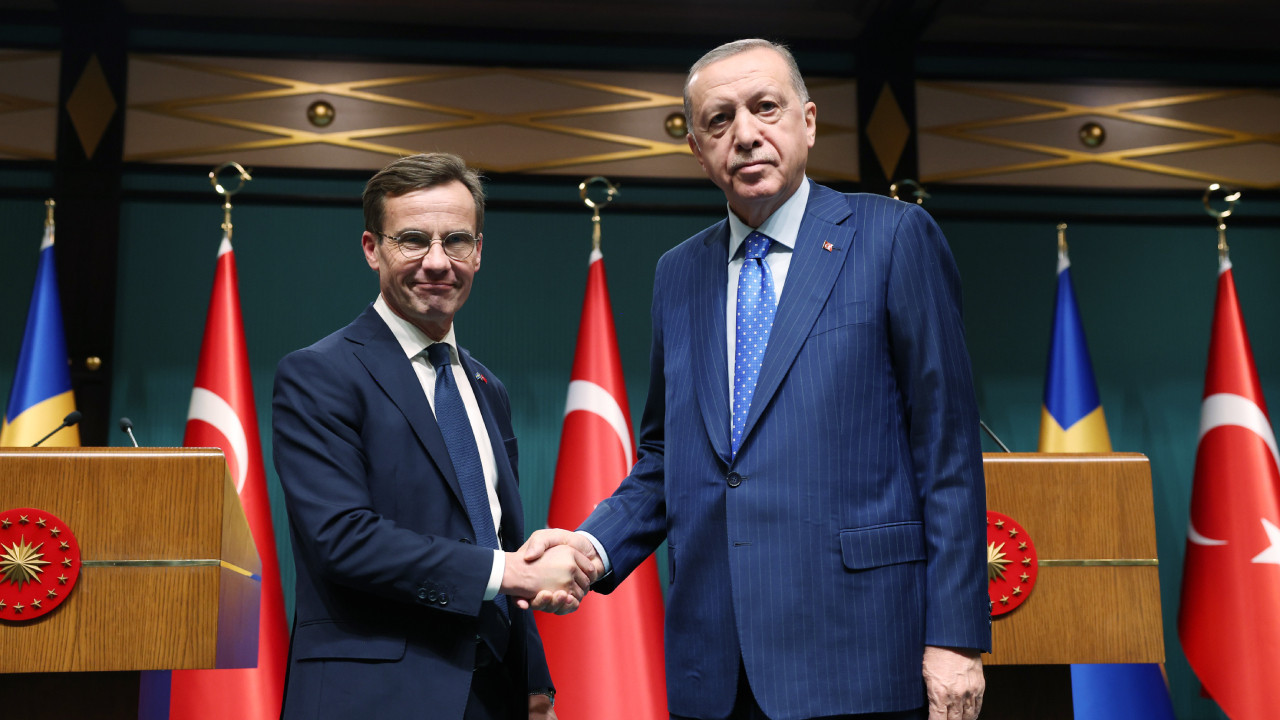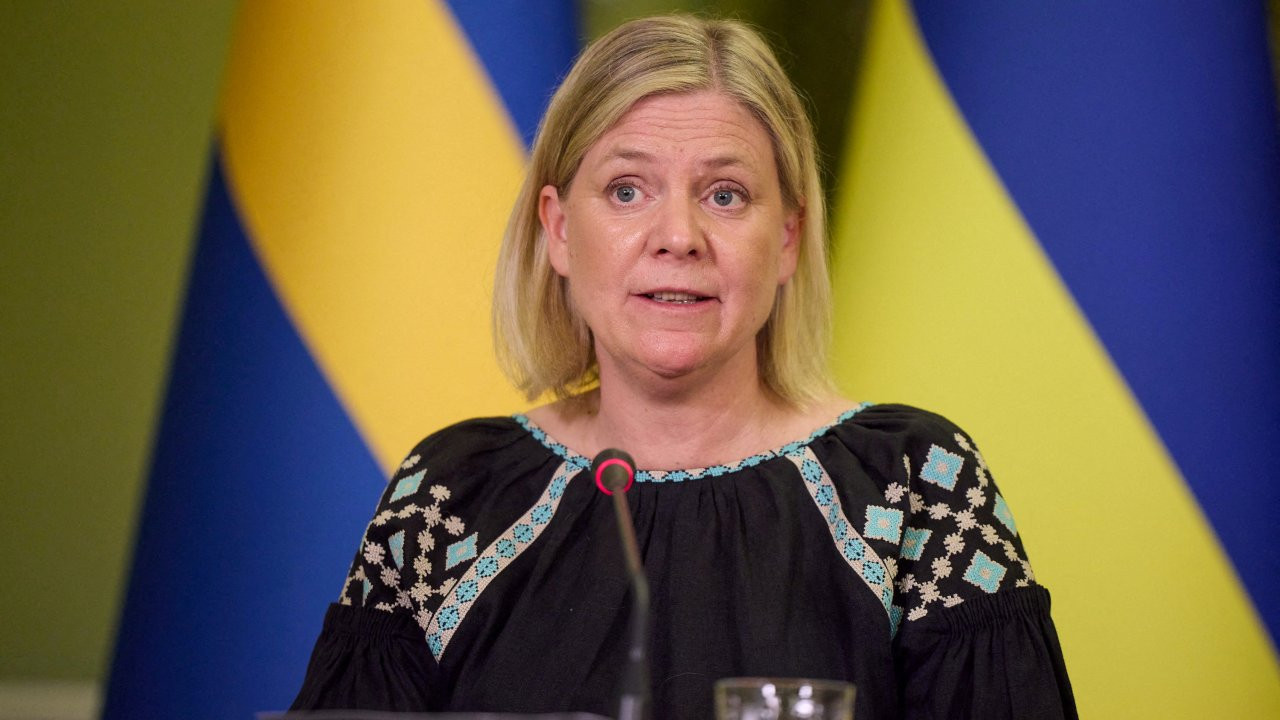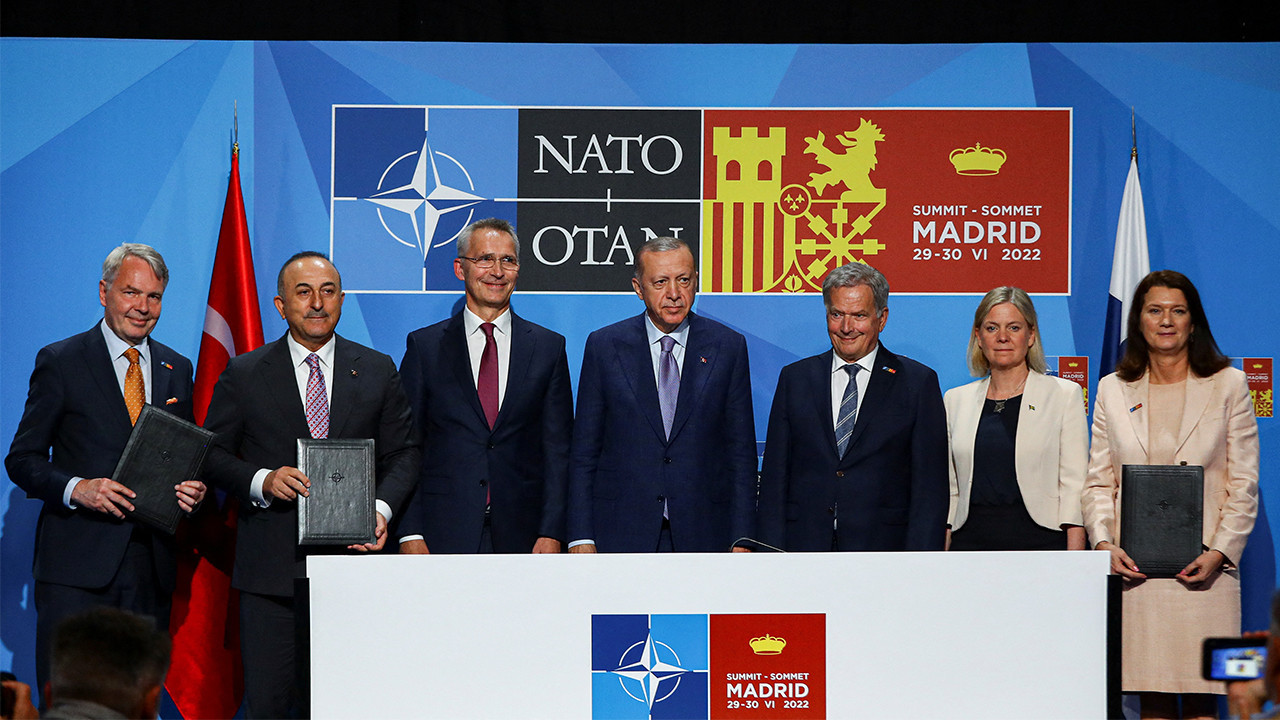Turkey arrests Kurdish refugee Sweden deported
Turkey has arrested Kurdish refugee Mahmut Tat who was deported by Sweden under the deal clearing bids by the Nordic country to join NATO. Mahmut Tat had sought asylum in Sweden in 2015 after being sentenced in Turkey for six years and 10 months for alleged links to the PKK.
Reuters
Sweden on Dec. 02 deported a Kurdish man with alleged links to Kurdish militant group the PKK, a government minister told Swedish Television, as Ankara keeps up pressure on the Nordic country to meet its demands in return for NATO membership.
Mahmut Tat had sought asylum in Sweden in 2015 after being sentenced in Turkey for six years and 10 months for alleged links to the PKK. His final asylum application was denied last year by the Swedish Migration Agency.
Swedish Migration Minister Maria Malmer Stenergard did not reply to requests for comment but told SVT that the government had played no part in the decision.
"It is about a deportation case where an individual has had his asylum application rejected," she told SVT. "The government has no role in ruling on asylum applications."
Turkish state television TRT said Tat was sent to an Istanbul prison on Dec. 03. Swedish authorities were not immediately available for comment.
Sweden and Finland applied in May to join NATO in response to Russia's invasion of Ukraine, but ran into objections from Turkey, which accused the two countries of harbouring militants from the banned Kurdistan Workers' Party (PKK) and other groups.
Turkey said on Nov. 30 that Sweden and Finland had made progress towards NATO membership but that they still needed to do more to satisfy Ankara's demands on tackling militant groups.
Others wanted by Ankara are people with alleged links to Fethullah Gülen - a Turkish cleric who lives in the United States and is accused of orchestrating 2016's failed coup attempt against Erdogan.
Stockholm and Helsinki deny harbouring militants but have pledged to cooperate with Ankara to fully address its security concerns and also to lift arms embargoes.
NATO makes its decisions by consensus, meaning that both countries require the approval of all 30 countries. Only Turkey still stands opposed to the two countries' membership.

 Sweden will live up to all obligations made to Turkey, Swedish PM saysDiplomacy
Sweden will live up to all obligations made to Turkey, Swedish PM saysDiplomacy Sweden will 'distance itself' from Kurdish groups in bid to join NATODiplomacy
Sweden will 'distance itself' from Kurdish groups in bid to join NATODiplomacy No Kurds with Swedish citizenship will be extradited, Sweden's PM saysDiplomacy
No Kurds with Swedish citizenship will be extradited, Sweden's PM saysDiplomacy Sweden sends Turkey letter, listing 'concrete actions' on NATO bidDiplomacy
Sweden sends Turkey letter, listing 'concrete actions' on NATO bidDiplomacy